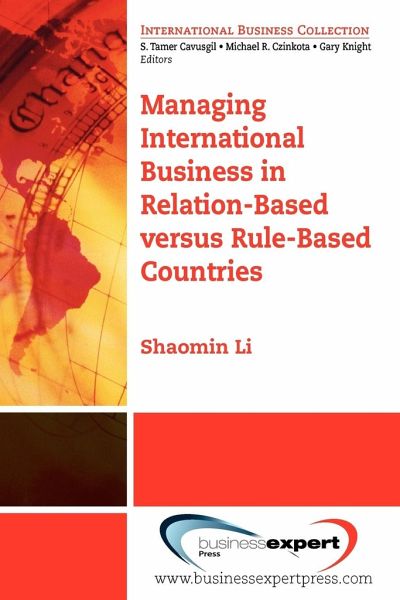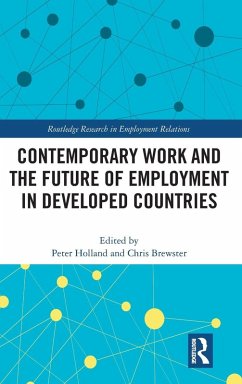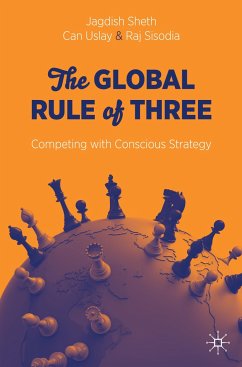
Managing International Business in Relation-Based versus Rule-Based Countries
Versandkostenfrei!
Versandfertig in 1-2 Wochen
18,99 €
inkl. MwSt.

PAYBACK Punkte
9 °P sammeln!
Most executives and business students are familiar with how the rule-based system functions; few understand how relation-based system works (which accounts for the majority of the countries in the world). Many dismiss it as backwards and attribute it to cultural traditions and norms (such as the Chinese guanxi tradition). This book dispels these myths and shows that people rely on the relation-based system not owing to specific cultural factors, but because of the stage of development in these countries. When the market is limited in scale and informal networks are thick, the relation-based sy...
Most executives and business students are familiar with how the rule-based system functions; few understand how relation-based system works (which accounts for the majority of the countries in the world). Many dismiss it as backwards and attribute it to cultural traditions and norms (such as the Chinese guanxi tradition). This book dispels these myths and shows that people rely on the relation-based system not owing to specific cultural factors, but because of the stage of development in these countries. When the market is limited in scale and informal networks are thick, the relation-based system can be quite effective and efficient. The author applies this line of thinking to explain why business practices differ and how business people should interact across the two governance systems.














